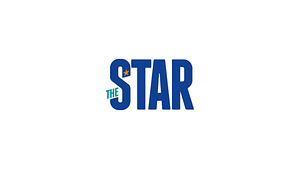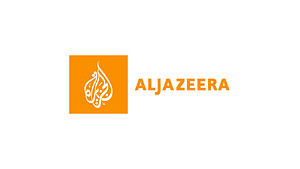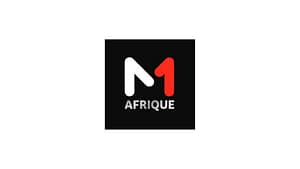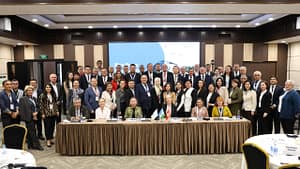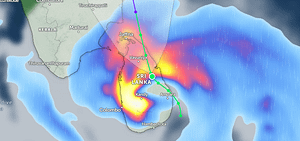In the East African sub-region with about 3.2 million refugees and nearly 5.8 million internally displaced people, competition over resources such as firewood, fertile land and water is becoming a common source of social tension between refugee settlements and their surrounding host communities. Located mostly in dry landscapes with poor soils, the increasing population pressure accelerates the loss of vegetative cover, erosion and land degradation, making small-scale agricultural production challenging. Women suffer in particular under the dwindling accessibility of firewood. The project will pilot and scale technically applied, locally viable and gender-responsive circular economy-based solutions to reduce soil degradation and competition for natural resources between host and refugee communities in Uganda, Kenya and Ethiopia. In its training, piloting and scaling, the project builds on years of research into resource recovery and reuse (RRR) technical solutions and their business models.
The key project outputs are:
- Local authorities supported in the implementation and scaling of innovative and gender-responsive fuel and farming options in refugee and host communities
- Local trainers, refugees and neighboring host community members trained in waste based options for safe production and marketing of dry fuel briquettes, and low-space farming and agroforestry innovations for subsistence needs and/or cash crop production
- Household and community based pilots established, analysed for their viability and scaling potential (opportunities, impact and challenges)
- Tested and verified solutions integrated in the programs and activities of project upscaling partners, aid and donor agencies
The project’s Theory of Change is based on 4 pillars:
- Continuous participatory engagement with our upscaling partners such as local Government, aid and donor community, including our direct partners UNHCR and UN-Habitat to understand their needs,
- The creation of local capacity (training of trainers),
- The availability of impact data and
- Available multi-media documentations of all training units for easy use. Demand for the interventions will be supported through radio outreach to an estimated 200,000 refugee and host community members.
Three main target groups supported by the project:
- Households of refugee settlements and host communities benefiting from capacity development,
- National and regional NGOs as well as local Government with increased capacity (training of trainers), and
- International NGOs, UN partner, humanitarian aid agencies and donors, mandated to improve the living conditions of the affected communities.
Project sites:
- Kenya: Kakuma and Kalobeyei refugee camp
- Uganda: Rhino Camp and Imvepi refugee camp settlement
- Ethiopia: Tierkidi and Kule refugee camp
Project duration: June 1, 2019 – May 31, 2022
Funded by:
Germany Ministry for Economic Cooperation and Development (BMZ)
Project leader:
Solomie Gebrezgabher,
Researcher-Economics
International Water Management Institute (IWMI)
Project co-leader:
Mary Njenga,
Bioenergy research scientist
World Agroforestry Centre (ICRAF)






